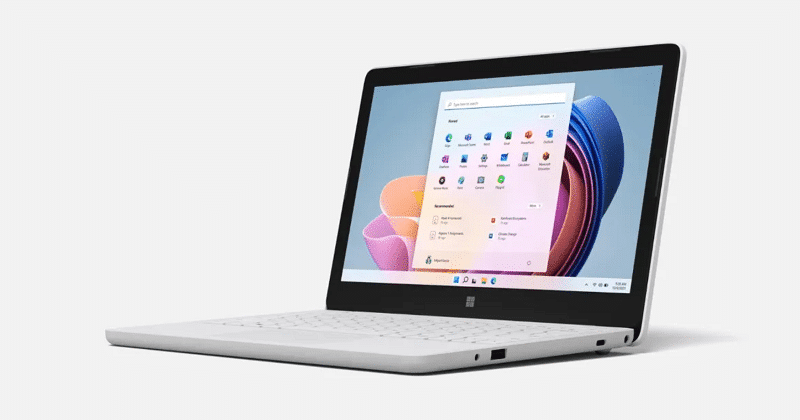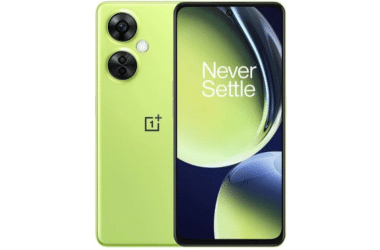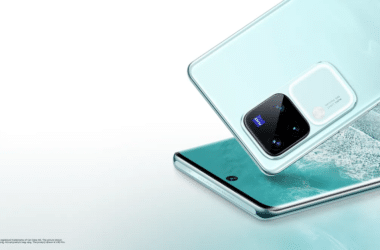Microsoft Windows 10 users can continue to upgrade to Windows 11 for free.
In today’s digital age, keeping your operating system up to date is essential to ensure security, performance, and access to the latest features. Microsoft, a leader in the tech industry, has been offering free upgrades from Windows 7 and 8 to Windows 10 and, more recently, Windows 11. However, recent changes in their policies have left many wondering about the future of these free upgrades.
The Changing Landscape of Windows Upgrades
The Free Windows 11 Upgrade: A History
Microsoft introduced Windows 10 in July 2015, offering existing Windows users a free upgrade for an entire year. This move aimed to encourage users to transition to the latest operating system, enhancing compatibility and security. However, this free upgrade offer came to an end in July 2016.
Fast forward to 2021, and Microsoft unveiled Windows 11, the next-generation operating system. Once again, they extended a hand to their loyal Windows 7 and 8 users, allowing them to upgrade to Windows 11 for free. It was a generous offer, given that official support for Windows 7 had ceased earlier, and Windows 8 was nearing its end of life.
The Loophole That Kept Hope Alive
Surprisingly, even after the official free upgrade period had ended, a loophole persisted. This loophole allowed resourceful Windows 7 and 8 users to obtain Windows 11 for free by using their old product keys. Microsoft tacitly permitted this workaround to continue, leaving the door open for users who wished to migrate to the latest and greatest.
The End of an Era
Microsoft Closes the Loophole
However, the era of free Windows 11 upgrades for Windows 7 and 8 users has officially come to a close. Microsoft recently made a significant announcement on its Device Partner Center page, stating that the free upgrade offer for Windows 10/11 had effectively ended on July 29, 2016. Furthermore, they have removed the installation path that allowed Windows 7 and 8 users to acquire the free upgrade.
This development signifies that users can no longer use older keys from Windows 7 or 8 to obtain a complimentary upgrade to Windows 10 or Windows 11. Nevertheless, it’s important to note that Windows 11 upgrades remain accessible for free to Windows 10 users.
Ensuring a Smooth Transition
Windows 11 System Requirements
While the end of free upgrades may be disappointing for some, Microsoft continues to focus on delivering a robust and secure operating system. To ensure that your transition to Windows 11 is smooth, it’s crucial to check if your computer meets the minimum system requirements. Here’s a quick rundown:
Processor: A 1GHz or faster processor with 2 or more cores on a compatible 64-bit System on Chip (SoC).
RAM: You’ll need at least 4GB of memory.
Storage: Ensure you have 64GB or more of available storage space.
System Firmware: Your system should support UEFI and be Secure Boot capable.
TPM: Trusted Platform Module (TPM) version 2.0 is required.
GPU: You’ll need a graphics card compatible with DirectX 12 or later, equipped with a WDDM 2.0 driver.
Display: A 720p display larger than 9 inches diagonally with 8 bits per color channel.
Meeting these requirements is essential for optimal performance when running Windows 11. Microsoft has made improvements and introduced new features in this version, but they’ve also raised the bar for hardware compatibility.
Conclusion
In conclusion, Microsoft’s decision to discontinue free Windows 11 upgrades for Windows 7 and 8 users marks a significant shift in their approach. While it may disappoint some, it reflects their commitment to providing a secure and robust computing experience. As technology evolves, keeping your operating system updated is crucial, and Windows 11 offers many benefits, provided your hardware can support it.
If you’re still running Windows 7 or 8 and meet the system requirements, upgrading to Windows 11 can be a worthwhile investment. However, be prepared for the changes and enhancements this new operating system brings to the table.
FAQs
1. Can I still upgrade from Windows 7 or 8 to Windows 11?
No, Microsoft has officially closed the free upgrade path for Windows 7 and 8 users. The loophole that allowed this has been removed.
2. Is it necessary to upgrade to Windows 11?
While it’s not mandatory, upgrading to Windows 11 can provide access to the latest features, improved security, and better performance, provided your hardware meets the requirements.
3. What happens if my computer doesn’t meet the Windows 11 system requirements?
If your computer falls short of the minimum system requirements for Windows 11, you won’t be able to upgrade to this new operating system. It’s important to ensure your hardware can support it.
4. Can I continue using Windows 7 or 8?
Yes, you can continue using Windows 7 or 8, but it’s essential to keep in mind that Microsoft has ended official support for these older operating systems. This means they won’t receive security updates, making them more vulnerable to threats.
5. How do I check if my computer meets the Windows 11 system requirements?
You can check your computer’s compatibility with Windows 11 by using Microsoft’s PC Health Check tool, which provides information on whether your hardware meets the necessary criteria.












